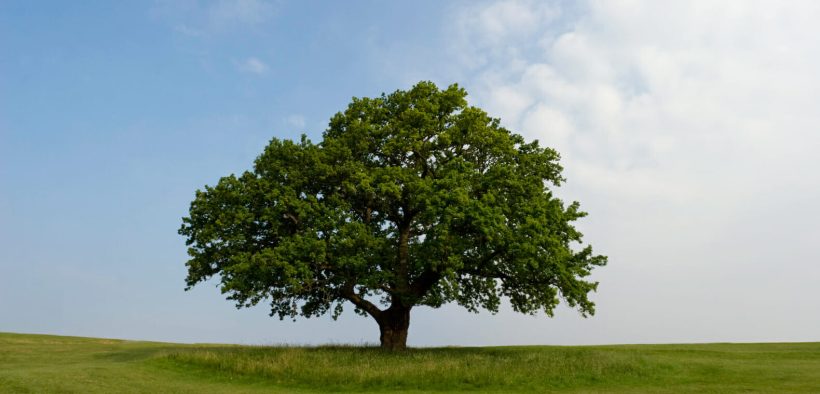Farewell from under the Oak Tree

Related Articles
I have two loves: teaching and learning. Although I love them for different reasons, I’ve been passionate about...
Active learning is a mostly meaningless educational buzzword. It’s a feel-good, intuitively popular term that indicates concern for...
Perhaps the earliest introduction a student has with a course is the syllabus as it’s generally the first...
Generative AI allows instructors to create interactive, self-directed review activities for their courses. The beauty of these activities...
I’ve often felt that a teacher’s life is suspended, Janus-like, between past experiences and future hopes; it’s only...
I teach first-year writing at a small liberal arts college, and on the first day of class, I...
Proponents of rubrics champion them as a means of ensuring consistency in grading, not only between students within...








9 Responses
Maryellen — You’ve been such an inspiration and useful resource over the years. I’ll fondly remember two dinners where we spoke about matters of teaching and learning for hours. Those are real career highlights to me. I’ll miss you greatly at the helm, but your contributions will live on in the thousands of readers who’ve been moved to act and think differently about their teaching and their students’ learning. Academia’s a much better place for your years of contributions.
Thanks Maryellen for not only starting and growing this publication that has inspired so many. Thanks also for being an excellent mentor, advisor, and friend. Your retirement from The Teaching Professor is well-deserved and while we will miss you, your grooming of our current editorial team will continue the spirit you developed for years to come. Best wishes in your next chapter.
Wishing you all the best Maryellen!
I will miss having regular fresh readings from you in my inbox.
I will continue to continuously return to your past writing for inspiration and wisdom.
Maryellen, Thank you. Reading your book led me here…reading here has led me to be a better teacher and a better learner.
Thank you for sharing your thoughts, insight, and beliefs.
You will be missed! Thank you for your many years of articles, all of which were chock-full of meaningful, immediately useful ideas and information. Wishing you the best.
Maryellen … your goodbye speaks eloquently for how you’ve seen what matters in teaching and learning. You always have stood tall amongst the forest of teachers. I will miss your writing and your personal values as a teacher. Dan Pratt (Vancouver, Canada)
Maryellen: You will be deeply missed. Thank you for your leadership, insights, guidance, and encouragement.
Maryellen, I can’t even begin to estimate how many educators, and by extension learners, you’ve influenced positively over the years. Many thousands of course.
You and I were so fortunate to have met each other 35 years ago and begun this wonderful rewarding friendship and business partnership.
Sincere best wishes for the future, with many thanks for all you’ve done for me and your profession. Bill
Maryellen, You are THE OAK TREE for many of us who strive each day and every day to become better teachers not for ourselves but for our students. I’m very fortunate to have your insights, guidance, and encouraging words of wisdom through the Teaching Professor. Thank you for all you have given us. Soma